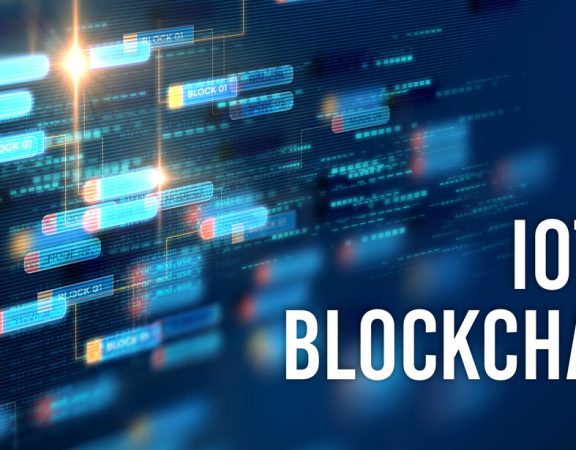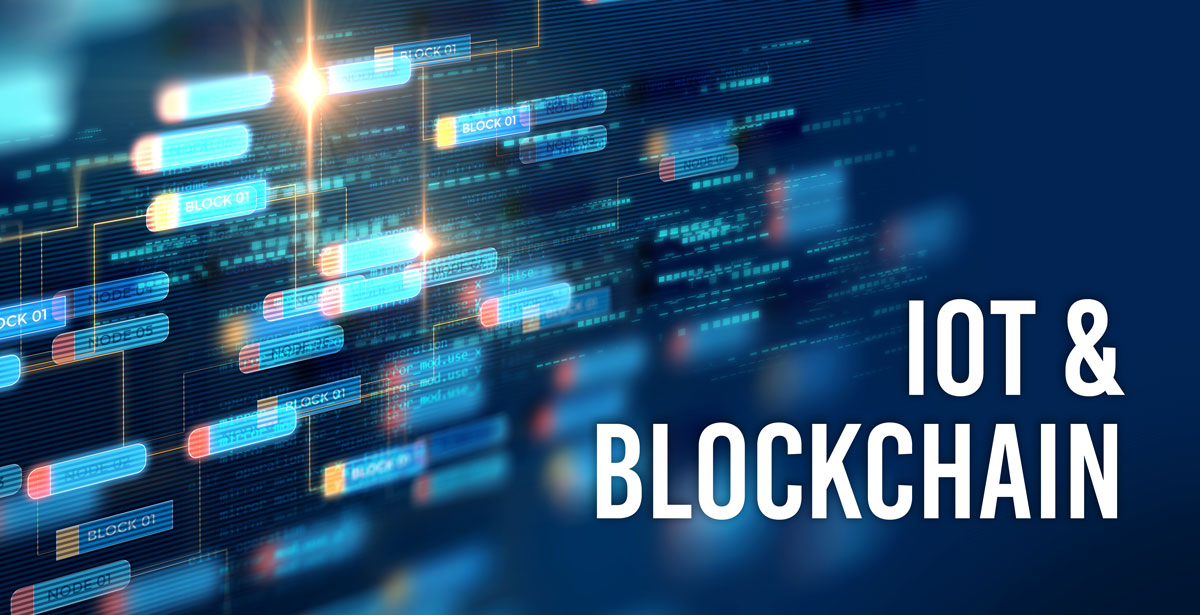

Blockchain and IoT
The Internet of Things (IoT) is rapidly expanding its potential to transform everyday life with smart homes, cities, farms and manufacturing facilities. There are huge growth prospects for the market, when considering the prediction of the Gartner report that there will be more than 20 billion connected things by 2020.
This development is already taking place, however, the current server infrastructure and Internet architecture is unlikely to be able to support the imminent IoT revolution. With so many devices connected to the Internet, management and security are a concern. The servers will become overloaded and represent a single point of failure, making the system vulnerable to cyber-attack. A possible solution to this issue is blockchain technology, which is the distributed ledger behind virtual currencies, such as Bitcoin.

The benefits of Blockchain for IoT
By providing a secure mesh network, blockchain can deliver a platform for IoT to interconnect reliably and avoid the threats that plague central server models. There are companies already using blockchain to power IoT systems, especially in the agriculture and manufacturing industries where there is a need for remote sensors and automation. IoT, powered by blockchain technology, enables a low power, secure network that can remotely manage physical operations without centralized cloud servers.
The future of IoT
Right now, IoT is mainly concerned with collection of data, remote monitoring and device automation. Going forward, the transition is likely to be towards a network of autonomous devices that interact with each other and the surrounding; and make input-based smart decisions, without any human involvement.
Blockchain has the potential to support this communal economy based on machine-to-machine interactions. For example, one scenario comprises a smart washing machine that automatically orders and pays for detergent with virtual currency on depletion. It has the ability to negotiate the price through smart contracts and takes into consideration the owner’s preference.
Blockchain will permit the monetization of data, whereby IoT device owners can sell data generated from IoT sensors for digital currency. The potential here is to facilitate investments into renewable energy sources, whereby energy produced by IoT equipment generates income in the form of cryptocurrency that is registered on the blockchain.
There are many promising developments in the field of IoT, made all the more thought-provoking and sustainable with the implementation of blockchain technology. With the ability to create a secure and equal framework for interactions, where no one individual is in charge, incidentally levels the playing field and opens a development platform for digital entrepreneurs.
It is still early days for this technology and developers are still ironing out the kinks. It is likely that in the foreseeable future, blockchain will become the broad scale technology underpinning IoT.



